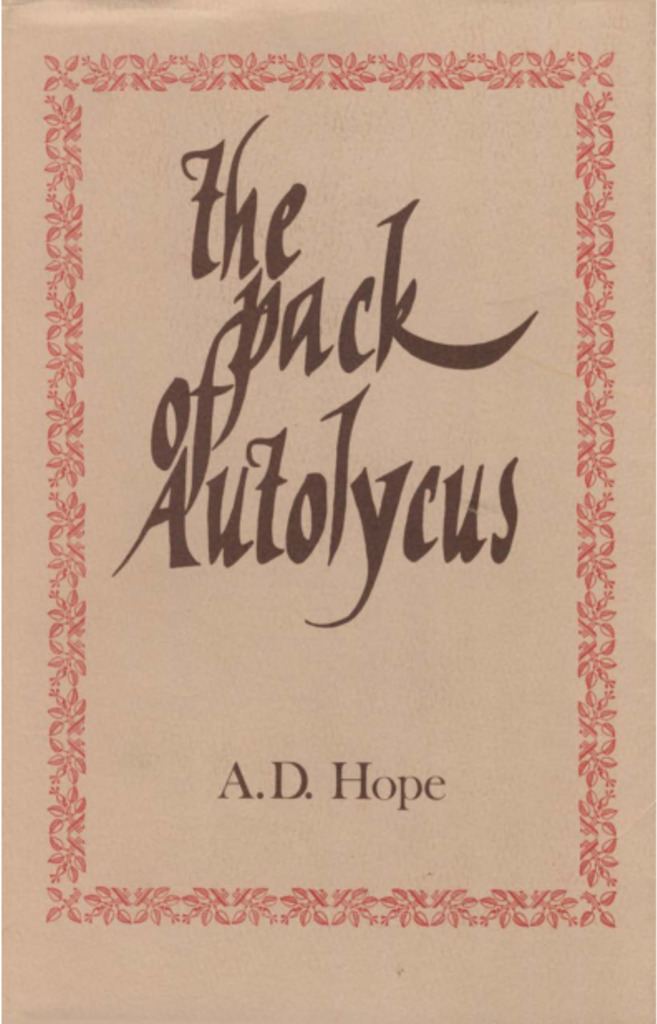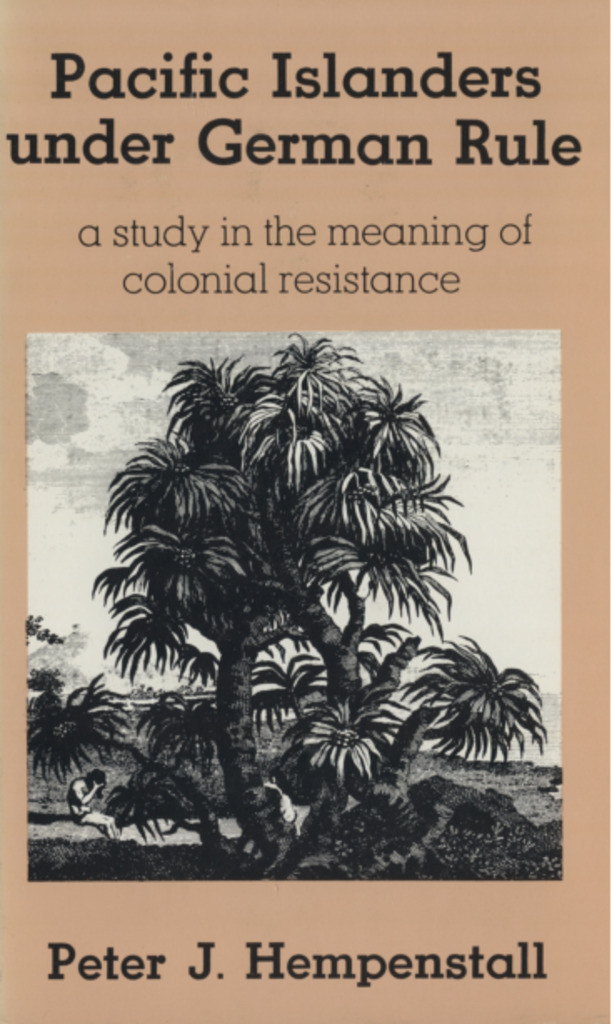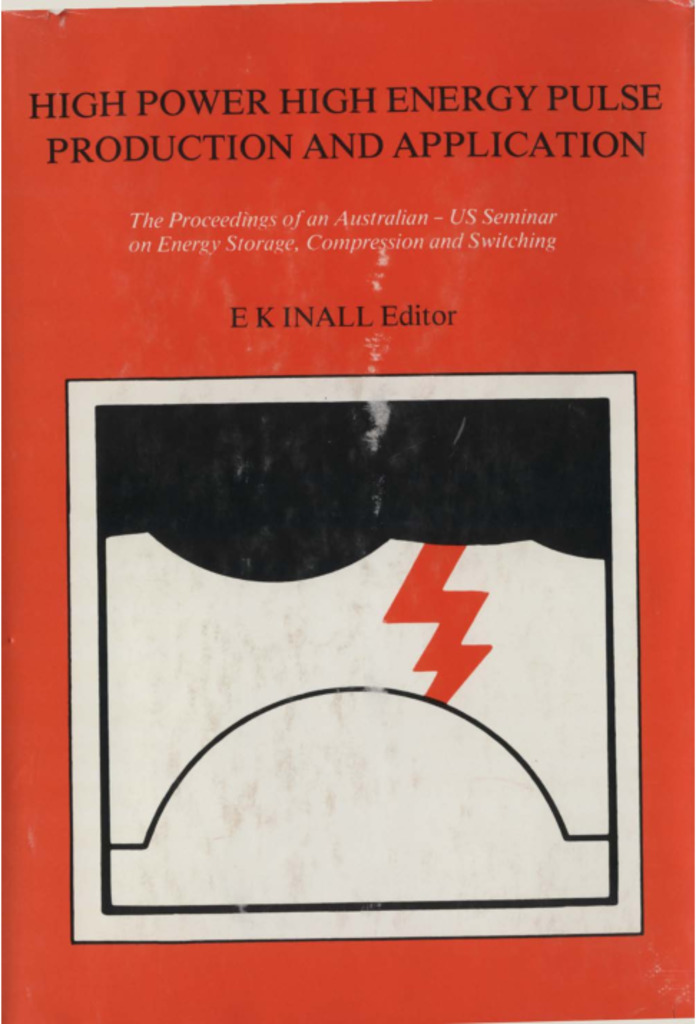
The pack of Autolycus »
Publication date: 1978
The tantalising title of this book derives from Shakespeare{u2019}s Autolycus, that engaging scoundrel who snapped up any 'unconsidered trifles'. A.D. Hope describes his traffic, like that of Autolycus, as being 'in sheets', and the sheets as being the results of his curiosity and speculation over many years of exploring the corners and byways of literary history. The books that aroused Hope{u2019}s curiosity range wide and far over time, from Beowulf to Kangaroo. He is, for example, intrigued by variations on the theme of Venus and Adonis as presented by Ovid, Titian and Shakespeare; he responds to the spell of Wuthering Heights and Emily Bronte and to the challenge of Tennyson{u2019}s attitude to women in The Princess; he brings a poet{u2019}s sensitivity to understanding the apocalypse of Christopher Smart. Readers who appreciate wit, intelligence, knowledge and understanding will value these essays.








